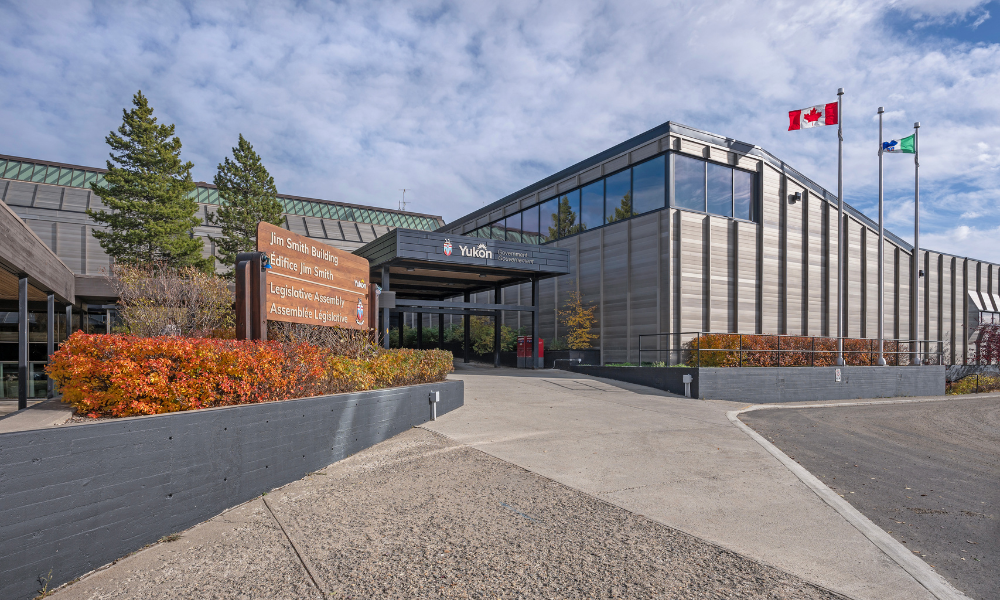If the pandemic taught us anything, it’s the overarching importance of employee wellbeing

This article was produced in partnership with Reward Gateway.
The intrinsic link between recognition and employee wellbeing is something that leaders have been promoting for years now. According to data from Reward Gateway, 91% of HR practitioners say that recognition and reward has a positive effect on employee retention – with 90% saying these strategies drive business results. Something that can’t go amiss in the ongoing talent shortage.
If the pandemic taught us anything, it’s the overarching importance of employee wellbeing – and, conversely, the impact a lack of recognition can have on both the individual and the business as a whole. After overnight digitization and the pivot to hybrid models, the issue became how can managers best recognize and reward their people remotely, when historically any “thank yous” were done in-person.
“You’re less likely to bump into a colleague in the hallway now,” says Alex Powell, Director of Client Cultural Insights at Reward Gateway. “The switch to remote work has made it more difficult for managers to recognize their people – it takes more planning. Managers need to be intentional in making those connections with people to share that feedback, because you can’t just wander over to their desk and invite them out for coffee.”
Another issue rattled by the rise of hybrid and remote work is that employees are, in general, less visible. That means it’s often more difficult for managers to identify, understand and recognize the work of one individual.
“You're not going to overhear a conversation between two people where your colleague is getting recognized,” says Powell. “You're not going to run into a co-worker right after they’ve just thrilled a customer. So you might need to be a little more creative, more forward thinking, in how and when you recognize your people.”
Powell says she’s seen a lot of success just through managers asking their teams what they’re most proud of. Even if it’s a bit confronting the first time you do it.
“We’re not really wired to brag about ourselves,” she tells HRD. “But this is a great way to find out what's working with your team and what they’re actually doing.”
Latest News
However,
“I had a colleague approach me after just being recognized
Powell tells HRD that this colleague had been working on a massive project at work – he was being very creative and problem solving a lot of issues for the company. However, he wasn’t thanked for that. Instead he was recognized for helping someone set up a web meeting.
“He felt like the
Such a small gesture also has the power to ripple across the rest of the organization, with data from Reward Gateway confirming that 69% of employees say their wellbeing would improve if they were thanked more. For HR, it’s about training your managers in the subtle art of recognition – even when they themselves are feeling burned out and unappreciated.
This, according to Powell, is where modelling comes in.
“It’s key for managers and HR leaders to talk about what’s really important to the business, to recognize their colleagues as managers for how they’re supporting their teams - despite being burned out.
“You as a leader need to model this – you need to recognize people yourself. Because when a middle manager get a pat on the back, that dopamine, that serotonin, that appreciation will filter down into their teams too. And the effects will be incredible.”






